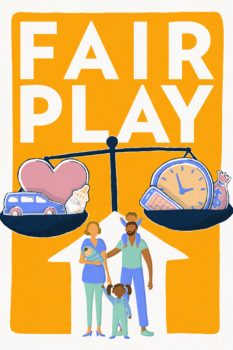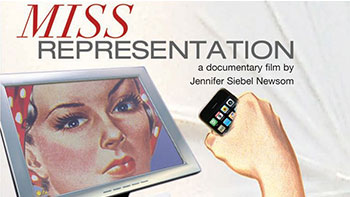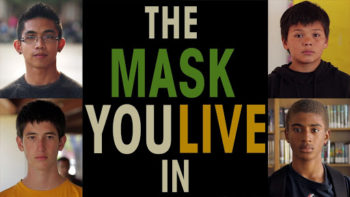Last week, New England Patriots star quarterback Tom Brady told a Men’s Health reporter that he had a hard time with the fact that his younger son Benny doesn’t like sports. Brady admits that it was difficult for him to accept his son for who he is, and Gisele Bündchen labeled her son “different.” Using this language reinforces the idea that sports is a default mode for boys, which is a problem.
In the article, Brady is quoted as saying: “Gisele kept saying to me, ‘Would you effing understand that your son is different?'” And therein lies the first problem. Why is a boy who is not sports-oriented classified as “different”? If the couple’s daughter doesn’t have an interest in runway modeling, does that also qualify her as being “different”? The belief that all typical boys like sports (or really anything universally) is one of the very first harms that parents and society place on children of all genders. Brady goes on to say that “It was hard for me. I was like ‘What do you mean? He’s a boy; he should like all these things that I do.’”
Brady was applauded in the media for his open-mindedness and willingness to embrace his son’s interests, saying “The reality is that Benny just likes different things. And it’s great because now I just have to go do what he wants to do.” The first rule of parenting is that you’re raising an individual, not a clone of yourself. When will parents, especially those with such incredible influence, change their mindsets around gender norms? Whether you like him or not, Brady is arguably one of the GOATiest of all GOATs, and he bears the responsibility to consider his language choice in labeling his son as “different” for preferring movies and jokes to sports.
When we released The Mask You Live In in 2015, director Jennifer Siebel Newsom and journalist and producer Maria Shriver wrote in Time that “We hope the film spurs a national debate about how we can help our young boys. It’s incumbent upon all of us to better understand the pressures they face, the mixed messages they receive, and the lack of guidance that is available to them as they traverse the narrow path towards manhood.”
Coach Joe Ehrman, who is featured in the film, observes that “The first lie every boy learns in America is that we associate masculinity with athletic ability; size, strength, or some kind of skill set.” Nearly five years after the film’s release, we still have a problem with how we define masculinity in our culture. There is still much work to be done to help deconstruct harmful gender norms so that all people are empowered to live their authentic lives without worry of being labeled, bullied, attacked, or worse for not adhering to society’s narrow definitions of boyhood and manhood.
Take Action: Bring our award-winning film The Mask You Live In to your community and help us redefine what it means to be a man. We offer licenses for public screenings, classroom use, workplace screenings, workshops, and more.



